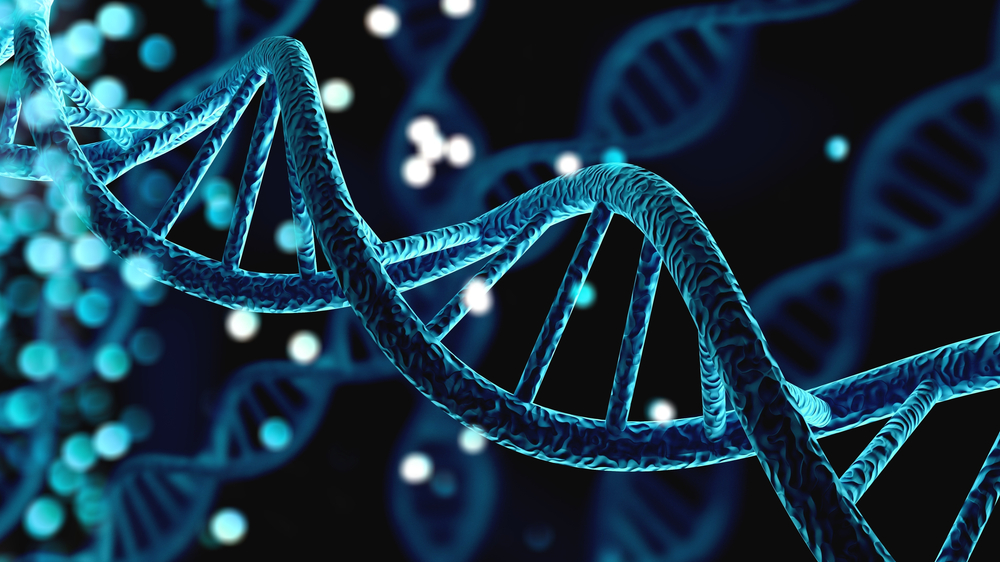In an unprecedented move, the All of Us program, a gigantic US project led by the National Institutes of Health, is altering the landscape of genetic research. This ambitious endeavor, funded by more than $3.1 billion, aims to enroll one million people from historically underrepresented ethnic and socioeconomic groups into biomedical studies.
Discovering a wealth of genetic information
The All of Us program analyzed an astounding 245,000 genomes and discovered over 275 million new genetic markers. Approximately 150 of these markers show promise in helping us better understand type 2 diabetes. Michael Inouye, a computational genomicist at the University of Cambridge, emphasizes the importance, saying that this dataset will be the “go-to” resource for academics looking to generalize their findings across varied populations.
Closing gaps in genetic research
Historically, genetic research has struggled with a lack of variety, with 78 percent of large-scale genomic study participants being of European heritage. This imbalance has resulted in major health disparities, primarily impacting nonwhite people. The All of Us initiative, which aims to collect thorough health profiles, has proven to be a valuable resource, with 413,000 participants, 46 percent of whom are from minority racial or ethnic backgrounds.
Illuminating the path to genetic equality
One of the most notable discoveries in the All of Us initiative is its capacity to unravel the complex genetic landscape of type 2 diabetes, which affects roughly one in every ten people in the United States. The Nature study on type 2 diabetes demonstrates the power of inclusivity in genetic research. Researchers delved into the genetic subtleties of over 2.5 million people, over 40 percent of whom had non-European ancestries, by combining genomic information from several databases, including the massive dataset All of Us.
This extensive investigation revealed 611 genetic markers linked to the development and progression of type 2 diabetes. What makes this discovery even more compelling is that 145 of these markers were previously unknown, providing a plethora of possible targets for future research and treatment approaches.
Andrea Ramirez, Chief Data Officer of the All of Us program, highlights the findings’ practical relevance, picturing a future in which genetic discoveries lead to “genetically informed diabetes care.” This method has the potential to transform how healthcare practitioners adapt treatments, providing more accurate and effective interventions based on each individual’s unique genetic composition.
The study emphasizes not only the value of diversity in research but also the critical need to close historical gaps in understanding diseases that disproportionately affect non-European communities. The All of Us effort is not only adding to scientific knowledge by discovering new genetic markers, but it is also opening the road for more focused and equitable healthcare solutions.
Alicia Martin, a population geneticist at Massachusetts General Hospital in Boston, emphasizes the importance of the All of Us dataset, especially its inclusion of African American, Hispanic, and Latin-American genomes. She observes that such diversity is frequently lacking in large-scale biobank resources and genomics consortiums. The addition of underrepresented communities in the All of Us database is an important step in correcting this imbalance and fostering a more comprehensive understanding of the genetic variables that contribute to various health disorders.
In essence, the All of Us program’s emphasis on diversity not only sheds light on the genetic causes of diseases, but it also holds the promise of reducing health disparities by ensuring that medical interventions are based on a more comprehensive and representative understanding of the human genome.
Enhancing predictive models for personalized healthcare
Diverse genomic and health data are critical in developing predictive models for individualized healthcare. Eric Venner, a computational geneticist at Baylor College of Medicine, emphasizes the importance of updating models, arguing that differences in research, rather than biological causes, contribute to changes in harmful mutations. The All of Us data helps calibrate and validate polygenic risk scores for 23 illnesses, establishing the groundwork for more precise forecasts.
Vision for the future
The All of Us effort intends to distribute data annually, introducing new genomes and participants. This continual influx of heterogeneous data is lauded as a huge step forward, leading to requests to upgrade existing algorithms based primarily on European genomes. One of Vanderbilt University‘s geneticists, Jibril Hirbo calls for quick advancement, saying, “The models are still way behind.”
The All of Us initiative is an indication of progress in genetic research, actively resolving historical inequities while unleashing a massive pool of genetic data. As this program progresses, it not only bridges research gaps but also ushers in a new era of individualized treatment in which genomic data genuinely reflects the diversity of the human population.
Source studies: Nature— Genomic data in the All of Us Research Program, Genetic drivers of heterogeneity in type 2 diabetes pathophysiology, Selection, optimization and validation of ten chronic disease polygenic risk scores for clinical implementation in diverse US populations
Communications Biology— The frequency of pathogenic variation in the All of Us cohort reveals ancestry-driven disparities











